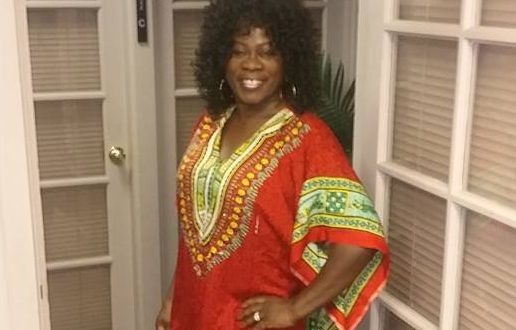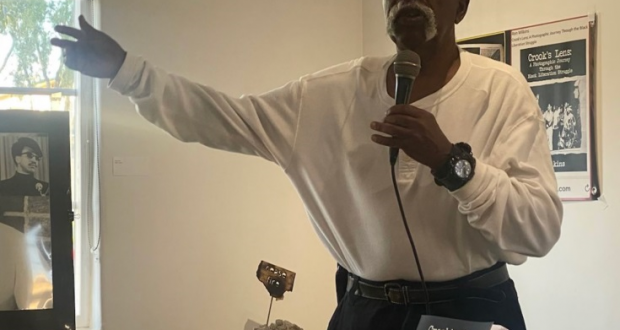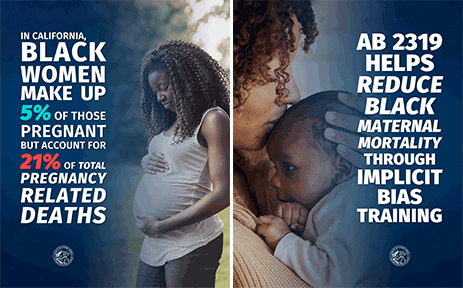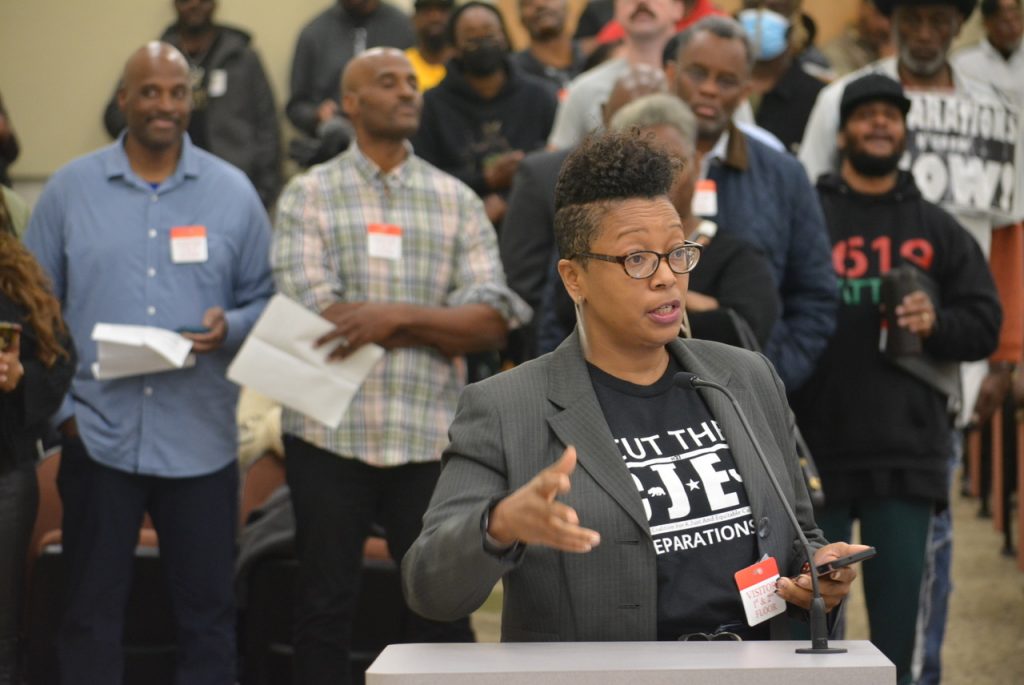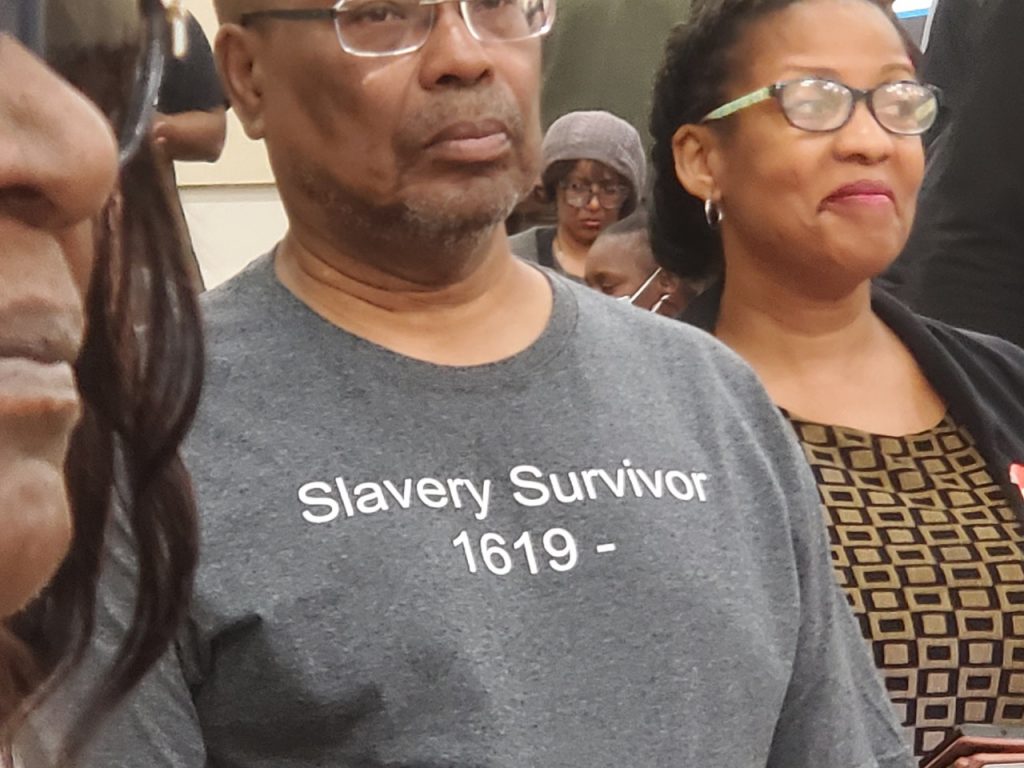Business owners in San Francisco say they remain vulnerable to fraudulent ADA lawsuits which have targeted more than 35,000 businesses statewide.
By Selen Ozturk
Last April, the San Francisco and Los Angeles District Attorneys sued San Diego law firm Potter Handy, LLC for filing allegedly fraudulent disability lawsuits with over 300 businessowners in SF and over 36,397 businessowners statewide since 2010.
Since San Francisco Superior Court Judge Curtis Karnow dismissed the DA suit last August, however, nothing has changed to protect these businessowners from being fraudulently sued for millions more.
At least 20 businesses in the Inner Richmond neighborhood and over 100 in Chinatown were sued by Potter Handy around mid-2021 to mid-2022. Many of these businesses were not even certified as ADA compliant, or were sued over violations they could not possibly have committed.
For example, Amanda Yan — owner of Hon’s Wun-Tun House on Kearny Street in Chinatown — was sued in April 2021 for serving food at outdoor tables too low for wheelchairs, at a time when she only served takeout.
Targeting immigrant and minority owned businesses.
To gain quick settlements of $10,000-$20,000, the law firm particularly pressured businesses owned by immigrants and minorities unable to afford legal defense. Under the joint DA lawsuit, the firm would have had to pay over $30 million to refund settlements made in the Northern District of California alone, by conservative estimates.
Filed by former SF District Attorney Chesa Boudin and George Gascón of LA, the 58-page document stated that over 800 federal cases statewide were filed by Potter Handy plaintiff Orlando Garcia; over 1,700 by Brian Whitaker; and thousands more by other “Serial Filers” — chiefly Scott Johnson, who filed over 4,000 since 2010.
Given that this averages to a case daily for 11 years, the DAs alleged that “it is literally impossible for the Serial Filers to have personally encountered each listed barrier, let alone to intend to return to hundreds of businesses located hundreds of miles away from their homes .”
A Potter Handy attorney accused the DAs of exploiting the situation while they both faced recall threats. In his dismissal, Judge Karnow said that California’s “litigation privilege” covered the firm, “irrespective of the maliciousness or untruthfulness.”
Morgan Mapes — president of the Clement Street Merchants Association; secretary of the citywide Council of District Merchants Associations; and owner of Clement Street vintage shop Golden Hour — had her shop sued by Garcia for $40,000 in November 2021.
Mapes said Garcia “was quadriplegic with cerebral palsy. All pictures and information were scrubbed from the internet. About seven months later we settled for $20,000, maybe $25,000 with lawyer’s fees … We were holding on by a thread already, coming out of the pandemic.”
ADA compliance
The Potter Handy suits were filed under the Americans with Disabilities Act, which protects disabled people from discrimination, including prevention of access to publicly open facilities. Passed under George H.W. Bush in 1990, no agency (and no new tax) was created for the act; per Congress, ADA enforcement remained with individuals “acting as private attorneys general” and imposed no financial penalty for violations, only injunctive relief.
However, Potter Handy often paired its federal claims with state claims under California’s 1959 Unruh Civil Rights Act, which prohibits disability-based discrimination and allows plaintiffs to sue for a minimum of $4,000 per violation.
“You can’t have a city with infrastructure built before these civil laws were put into place and expect tenants to bear the weight,” said Mapes. “I think it should be common practice for landlords to take more infrastructural responsibility. If I put in a table that’s too tall or my fitting rooms aren’t up to code, that’s on me, but stairs or an entry ramp on the landlord.”
“The city needs to subsidize some accessibility costs,” she said. “As a queer black woman, it’s a prickly situation rallying against a civil rights issue, but this seems extortive. The vast majority of these businesses are minority-owned.”
‘They’ll keep suing’
Jimmy Hsu, who owns four businesses on Clement Street by Fourth Avenue — The Wishing Well Workshop (with his partner Jake Savas); So Fresh So Clean Laundry; Kinship Salon & Barber (with his wife); and Blue Danube Coffee House — had his salon and cafe sued.
Hsu said “Brian Whitaker complained that the salon’s doorknob was ADA noncompliant. I don’t even have a doorknob, it’s a push door! I split that $10,000 settlement with my landlord since they sued him too. I paid $10,000 myself with the cafe; they said our moveable A-frame sign was blocking the door. I posted handicap inspection signs on my businesses because they tried to sue all four and settle for $4,000 each.”
Another store on his block, Home Hardware True Value, nearly closed when they were sued in 2022 for closely-packed aisles that were impossible to properly widen.
“I had to tell to hire a lawyer,” said Hsu. “It’s the only deterrent you have, otherwise they’ll keep suing. I’m an Asian immigrant too — most of the mom ‘n’ pops here are run by those without the time or resources to defend themselves, so they settle.”
Nor did this pattern begin, for Hsu, with Potter Handy. In 2005, Patrick Connally — a disabled man who was president of San Rafael-based nonprofit DREES (Disability Rights, Enforcement, Education, Services) and, later, a KUSF radio host — threatened to sue Blue Danube for bathroom violations.
“That building was built in 1934,” said Hsu. “I did all I could with my money and space — door adjustments, handlebars — and paid an attorney to use his letterhead for a reply thanking .”
Hsu said “I think the city, state, or federal government should have some oversight body to disbar these firms from making so many fraudulent accusations. If you settle with 100 stores in Chinatown for a low $10,000, you make a clean million. What’s the downside?”
While this wave of fraudulent lawsuits remains unresolved, SF small businessowners already face another.
Between last November and February 23, 179 businesses received Department of Building Inspection complaints — particularly minority-owned shops in Chinatown, the Tenderloin, and the Inner Richmond, including Mapes’ Golden Hour — regarding unpermitted awnings or storefront gates. Over that period the previous year, five complaints were filed.
Mayor Breed has been working with the Board of Supervisors to write a law which would deprioritize non-urgent enforcement and create an amnesty program for awning owners who don’t have a permit, which can cost up to $3,000.
Nevertheless, Hsu remains skeptical: “The fault’s with a judicial system that allows this greed, but it’s just part of running a business in San Francisco now, isn’t it?”
Above: The Blue Danube Cafe in San Francisco was one of hundreds of businesses hit by fraudulent ADA lawsuits last year.
 Westside Story Newspaper – Online The News of The Empire – Sharing the Quest for Excellence
Westside Story Newspaper – Online The News of The Empire – Sharing the Quest for Excellence
